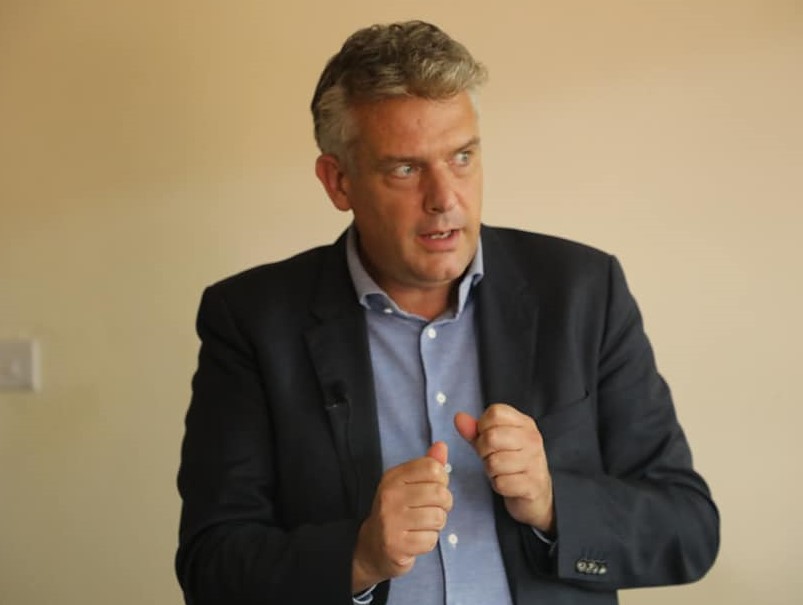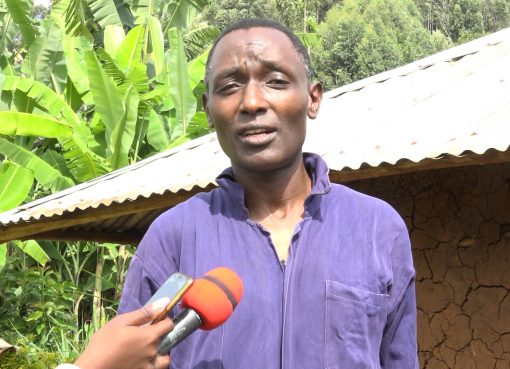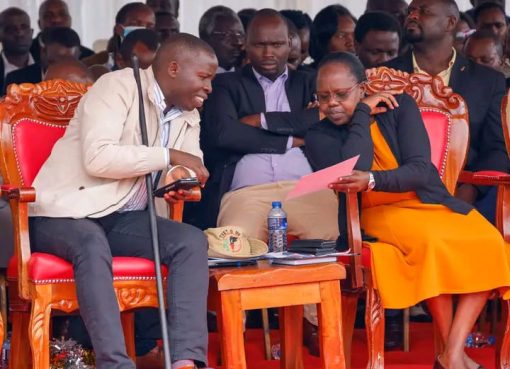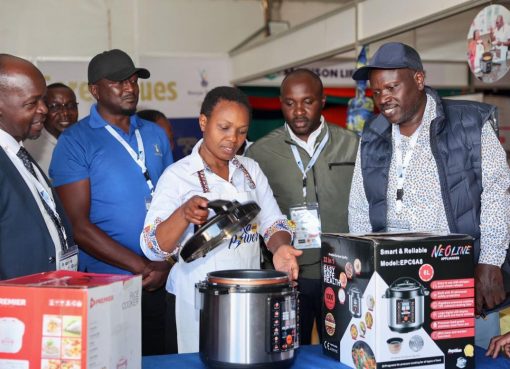The Integrated & Climate Smart Innovations project spearheaded by the Kenya Agricultural and Livestock Research Organization (KALRO), and other agencies is set to benefit at least10, 000 agro-pastoralists and farmers in Taita Taveta County.
The project funded by the European Union, and the Netherlands Development Organization (SNV) is targeting to benefit the small-scale farmers who will serve as a benchmark for the county and country in general in the spaces of climate resilience, landscape management, and value-adding processes in the livestock fodder sector.
Speaking during an assessment tour of project sites at Lwalenyi Ranch, Tagho Dairy Cooperative and ILO group in Nyache; the Netherlands Deputy Ambassador to Kenya, Joris Van Bommel, said that the Progress Report was impressive and the response from targeted farmers is encouraging.
“We’re happy with the takeoff of the Project in this County and we can only foresee a more impactful outcome in the near future. We want the 10,000 or so agro-pastoralists, to be a benchmarking platform, not only in this County but the country as a whole in combating climate change, coming up with smart innovations, adding value to livestock fodder and other related products,” Ambassador Van Bommel said.
The site visits come hot on the heels of a memorandum of understanding (MoU) between SNV and the County Government that will establish collaborations in the areas of fodder production, robust value-addition infrastructure, animal husbandry, and commercial ventures in fodder and other related products for the benefit of local communities.
Pastoralists in the sub-counties of Voi, Mwatate, and Taveta have in the past dry seasons been left counting their losses after droughts wiped out conventional pastures, leaving in its wake the death by starvation of thousands of livestock.
The new livestock climate-smart initiatives will see farmers plant, harvest, store, and add value to their fodder and reduce the impact of drought on livestock pasture and create income revenues for small-scale farmers.
The national government and several non-governmental organizations have been at the forefront to support climate-smart innovations that will save farmers and pastoralists massive losses in the drought seasons in the ASAL counties.
By Arnold Linga Masila





